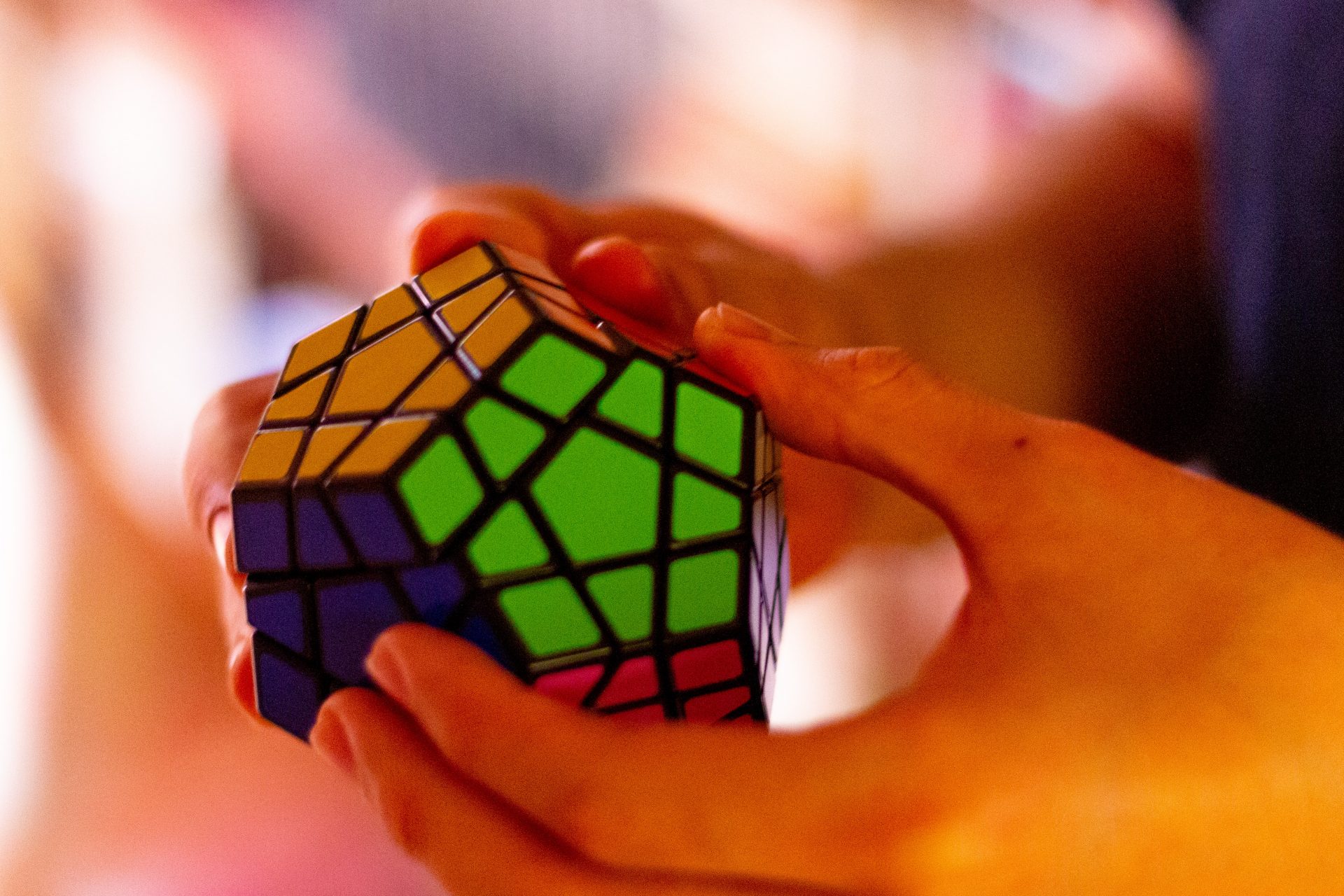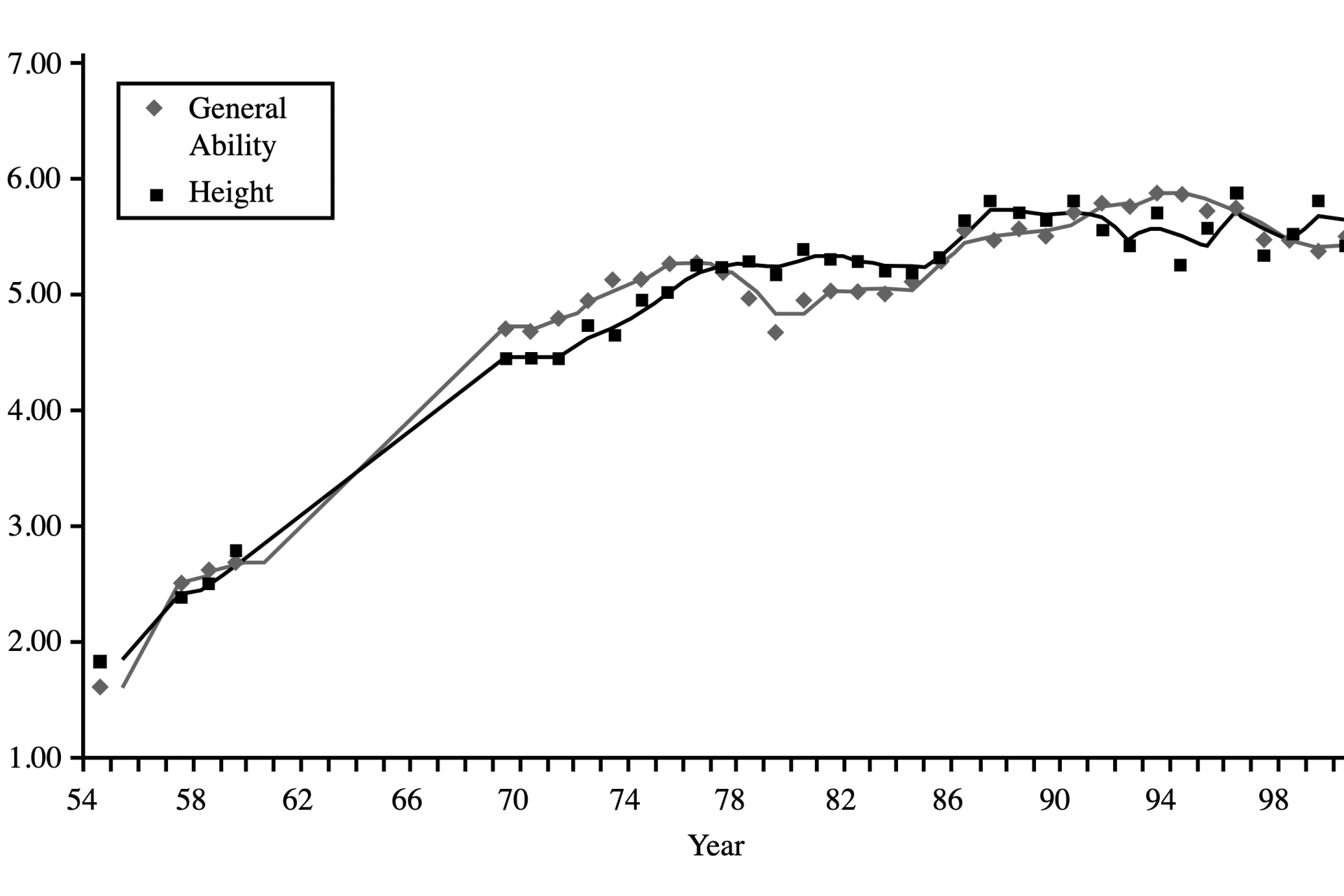Attention spans are better today than 30 years ago study finds
Adults have gotten increasingly better at concentrating over the previous three decades according to a new study that looked at how focus and attention could play a role in the rise of general intelligence among the global population.
Published in the journal Personality and Individual Differences, the study’s authors were interested in discovering if concentration had an effect on general intelligence. However, they revealed something that was a lot more interesting.
Photo by Malte Helmhold on Unsplash
The research team was led by the University of Vienna’s Denise Andrzejewski and they discovered that the growth of concentration in humans may be subject to the same sort of effect that governs the growth of human intelligence.
Photo by ALAN DE LA CRUZ on Unsplash
The Flynn Effect really isn’t an effect at all but more a term used to describe the growth of intelligence from generation to generation according to Scientific American. Humans essentially tend to get smarter with each new generation.
Photo Credit: Wiki Commons By Ferahgo the Assassin - Own work
James Flynn was the namesake of the phenomenon, and he was the first to report that humans, on average, got smarter than their predecessors. Intelligence rose by roughly three points per decade according to Flynn’s research in 1984.
Photo Credit: Wiki Commons By Bryce Edwards on Flickr
Interestingly, One’s ability to focus could be part of how a person’s general intelligence develops, and with that viewpoint in mind, Andrzejewski and her research team looked at hundreds of individual samples to see how concentration affected intelligence.
Photo by Alex Kotliarskyi on Unsplash
The researchers looked at 179 studies that involved a total of more than 21,000 people from 32 countries and found that concentration skills among adults had increased over the course of thirty years—1990-2021.
Photo by Tai Jyun Chang on Unsplash
Every participant studied had completed a d2 Test of Attention, which is a psychological test that measures one’s selective and sustained attention. To put it in more simple terms, the d2 Test of Attention measures concentration levels.
Photo by Nguyen Dang Hoang Nhu on Unsplash
“The test consists of 12 to 14 lines of the lowercase letters d and p, depending on the version. Each line has 47 letters, and there are one, two, three or four small vertical markings above or below each letter,” wrote Scientific American’s Christine Gelitz.
Photo by JESHOOTS.COM on Unsplash
“The test taker must cross out each letter d that has two markings as accurately as possible but also as quickly as possible because the time is limited to an average of 20 seconds per line,” Gelitz added about the test’s administration.
Photo by Ben Mullins on Unsplash
What Andrzejewski and her team discovered after looking at thirty years' worth of test data was that concentration in adults had its own sort of Flynn Effect. Concentration levels rose over the course of the period that was studied.
Photo by Nicolás Flor on Unsplash
Interestingly, concentration levels among children remained about the same. Children would get faster at answering the d2 Test questions as they aged, but they did not show the same sort of concentration increase as adults.
Photo by Annie Spratt on Unsplash
The researchers attributed the weird results of their meta-analysis to the impulsiveness of children and concluded in their published study that the Flynn-like concentration effect they found was differentiated by age, only affecting adults and not children.
Photo by Anthony Wade on Unsplash
“Conceivably, this may indicate a meaningful role of executive functions for changes in more traditional IQ domains,” the researchers wrote in their conclusion, suggesting concentration likely did play a role in intelligence.
Photo by Nonsap Visuals on Unsplash
Another interesting point of the study was the discovery that not all children had similar impulsivity issues. German children did not make more mistakes in their test answers but this did not correlate to more concentration according to Scientific American.
Photo by Rachel on Unsplash
“The overall conclusion across the more than 30 countries studied was that the Flynn effect also applies to our ability to concentrate,” wrote Christine Gelitz, adding that the increase contributes to intelligence and thereby contributes to the Flynn Effect.
More for you
Top Stories





























